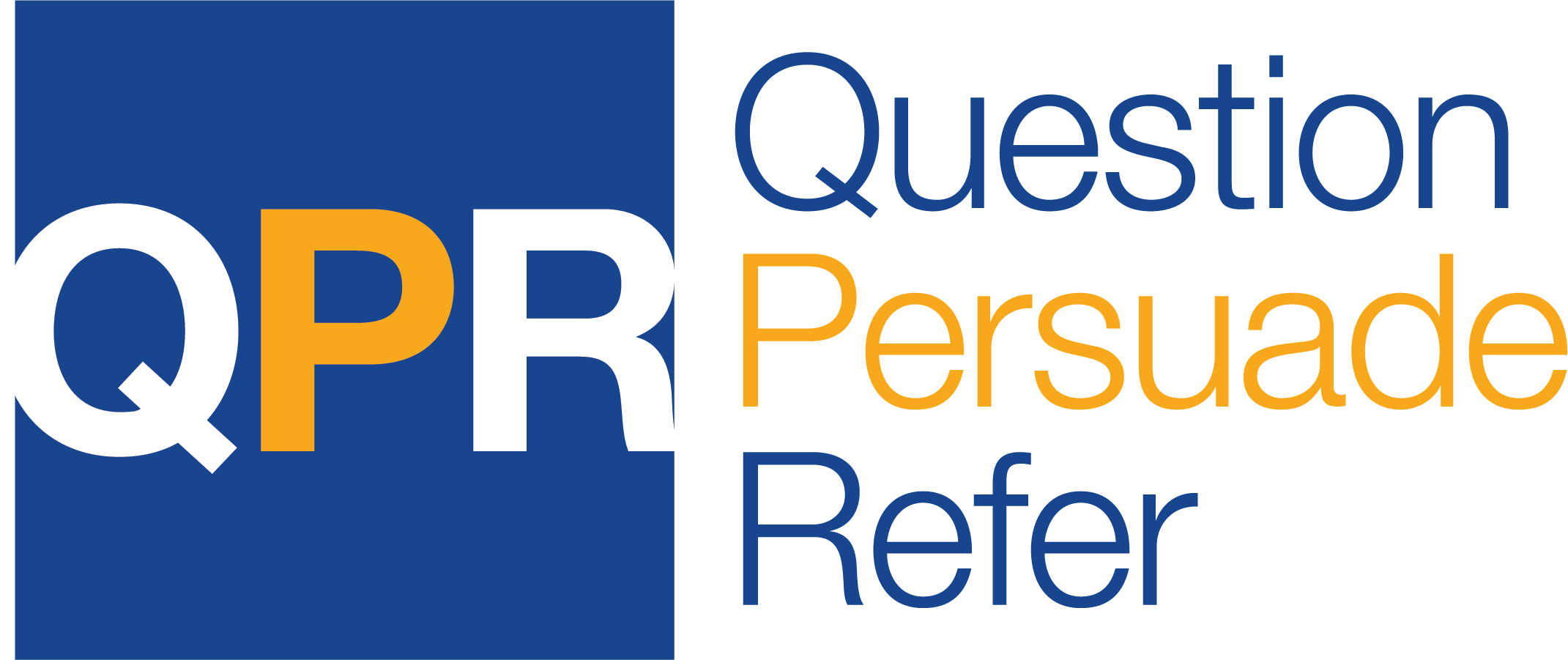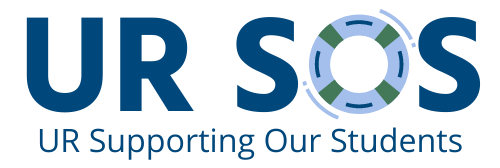Suicide Prevention Training using
QPR: Question, Persuade, Refer

Question, Persuade, Refer (QPR)


What Will Participants Learn?
The QPR Gatekeeper course is taught in a clear, concise format using the latest in educational technology and practices. The course takes approximately one hour to teach and complete.
Key Components Covered in Training
- How to Question, Persuade and Refer someone who may be suicidal
- How to get help for yourself or learn more about preventing suicide
- The common causes of suicidal behavior
- The warning signs of suicide
- How to get help for someone in crisis
Develop QPR Trainers In Your District
Our UR-SOS Team Will Develop 1 - 2 QPR Trainers
The UR-SOS Team will develop 1 – 2 district-based Suicide Prevention Trainers. Selected participants will be trained to teach the 1-hour Question, Persuade, & Refer (QPR) course to others within their school community, giving other adults who work with youth the skills they need to reach out and provide initial support, and help connect to appropriate care.
The QPR Training of Trainer Class (QPR ToT) will be in-person in October of 2023 (Dates TBD) and takes approximately 8 hours to complete.
In exchange, we ask that each new trainer teach at least three 1-hour QPR courses over the next school year; We’ll cover the costs.
Implementation Trainings & Office Hours
3rd Thursday each month @ Noon
12-12:30 pm: SOS Trainer Implementation Training
12:30-1 pm: Optional “Office Hours” Q&A

QPR Gatekeeper Trainer Certification Course
Becoming a certified QPR Trainer is an excellent way for school mental health professionals and districts to help empower their communities to effectively intervene on behalf of suicidal and in-crisis people.
GATEKEEPER TRAINING CERTIFICATION
- 3-year Certification
- 25 QPR classroom booklets and everything you’ll need to host your first training workshop
What You'll Learn in the QPR ToT
This certification course trains UR-SOS Suicide Prevention instructors to teach QPR for Suicide Prevention to their community.
Participants first learn about the nature of suicidal communications, what forms these communications take and how they may be used as the stimulus for a QPR intervention. To gain perspective, participants are introduced to the history of suicide, suicide prevention and the spectrum of modern day public health suicide prevention education efforts. The history, background and research support for QPR are reviewed.
Participants then learn to market QPR, target potential Gatekeepers, and how to teach the QPR curriculum.
Participants also learn to deal with pent up audience demand to talk about suicide, survivor issues and how to make immediate interventions and referrals. Each participant has the opportunity for individual rehearsal and practice through role-plays.
